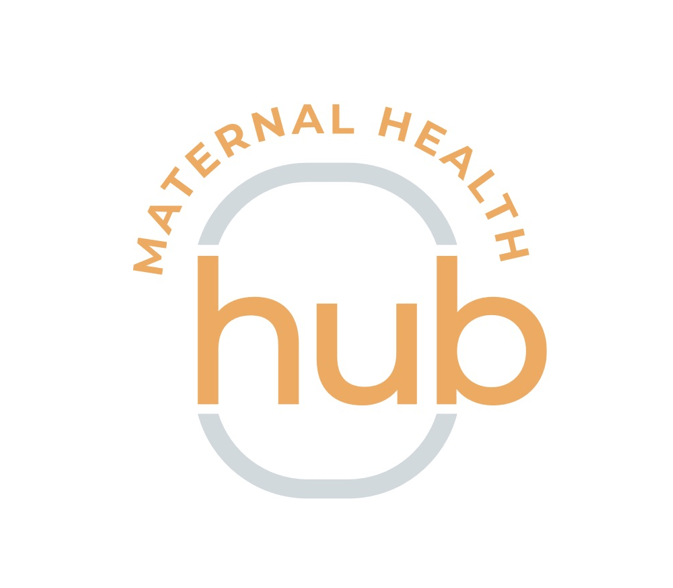Birthing people, health systems and practitioners had to alter their approach to furnishing care in significant ways in response to COVID-19. These care delivery changes evolved throughout the course of the pandemic alongside knowledge about the transmission and impacts of the virus. While COVID exacerbated many of the underlying inequities in our health care system, some of the responses to the pandemic offer lessons on how to improve care. This resource highlights examples of the ways birthing persons, practitioners, and health systems have driven innovations in maternity care, leveraged Medicaid and commercial payer reimbursement waivers in response to COVID-19, and worked to promote equity for Black, Indigenous, and People of Color (BIPOC) birthing people. Many of these findings underscore the need for more enduring payment reforms to support and sustain ongoing positive care delivery change and drive more equitable, higher-quality care.
This resource highlights three case studies exploring blended virtual and in-person prenatal care visits, virtual doula and support services, and patient self-advocacy to improve maternal health outcomes. In planning for the post-pandemic maternity care system, it is critical to evaluate the impact of all care delivery models with a health equity lens to determine whether birthing persons of color are benefited or harmed by innovations made in response to the pandemic.
Read the Accompanying Blog: Maternity Care Innovations During COVID-19: Short-Term Solutions, Long-Term Potential (The Commonwealth Fund)
Supported by The Commonwealth Fund, a national, private foundation based in New York City that supports independent research on health care issues and makes grants to improve health care practice and policy. The views presented here are those of the author and not necessarily those of The Commonwealth Fund, its directors, officers, or staff.
